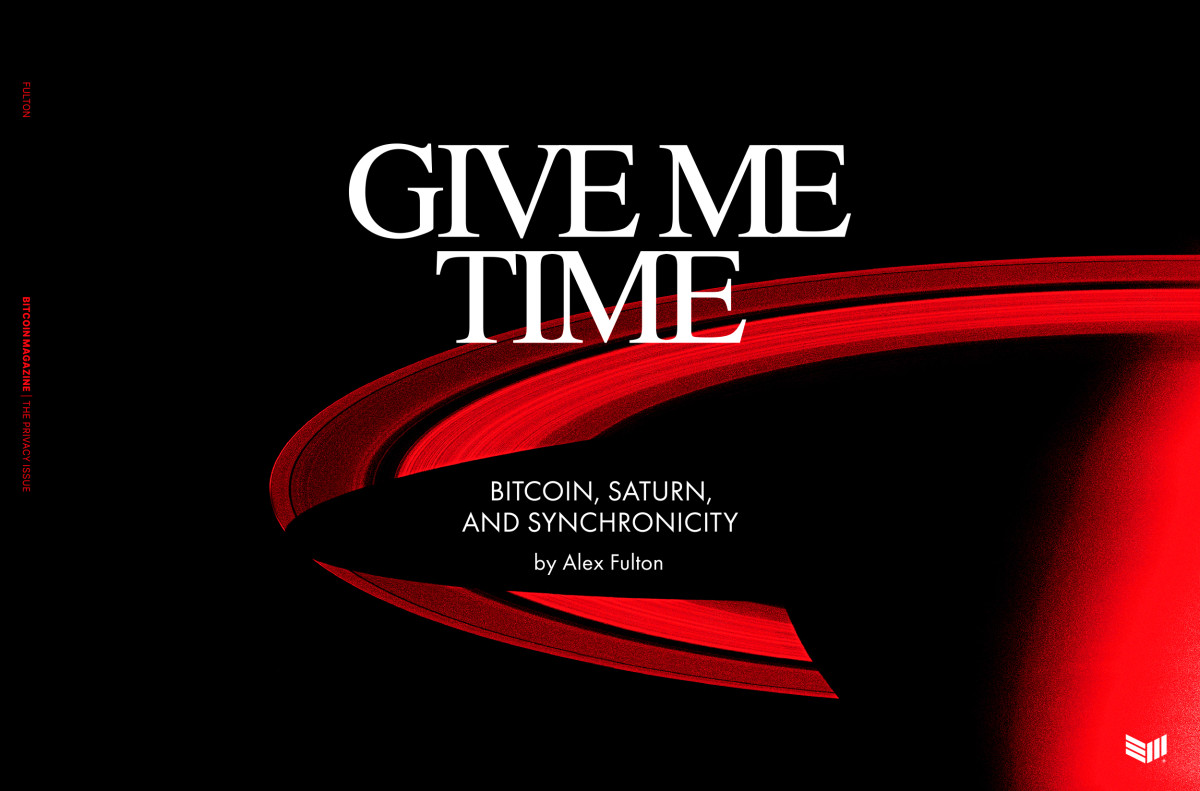This article is part of our exclusive career advice series in partnership with the IEEE Technology and Engineering Management Society.
With technological advancement and changing societal expectations, the concept of work-life balance has become an elusive goal for many, particularly within the engineering community. The drive to remain continuously engaged with work, the pressure to achieve perfection, and the challenge of juggling work and personal responsibilities have created a landscape where professional and personal spheres are in constant negotiation.
This article covers several factors that can disrupt work-life balance, with recommendations on how to address them.
The myth of urgency
In an era dominated by instant communication via email and text messages, the expectation to respond quickly has led to an illusion of urgency. The perpetual state of constant alertness blurs the distinction between what’s urgent and what isn’t.
Recognizing that not every email message warrants an immediate response is the first step in deciding what’s important. By prioritizing responses based on actual importance, individuals can reclaim control over their time, reduce stress, and foster a more manageable workload.
Throughout my career, I have found that setting specific times to check and respond to email helps avoid distractions throughout the day. There are programs that prioritize email and classify tasks based on its urgency and importance.
Another suggestion is to unsubscribe from unnecessary newsletters and set up filters that move unwanted email to a specific folder or the trash before it reaches your inbox.
Cutting back the endless workday
Today’s work environment, characterized by remote access and flexible hours, has extended the workday beyond a set schedule and has encroached on personal time. The situation is particularly prevalent among engineers committed to solving complex problems, leading to a scenario where work is a constant companion—which leaves little room for personal pursuits or time with family.
A balanced life is healthier and more sustainable, and it enriches the quality of our work and our relationships with those we love.
Establishing clear boundaries between work and personal time is essential. One way to do so is to communicate clear working hours to your manager, coworkers, and clients. You can use tools such as email autoresponders and do-not-disturb modes to reinforce your boundaries.
It’s important to recognize that work, while integral, is only one aspect of life.
The quest for perfectionism
The pursuit of perfection is a common trap for many professionals, leading to endless revisions and dissatisfaction with one’s work. The quest not only wastes an inordinate amount of time. It also detracts from the quality of life.
Embracing the philosophy that “it doesn’t have to be perfect” can liberate individuals from the trap. By aiming for excellence rather than perfection, one can achieve high standards of work while also making time for personal growth and happiness.
To help adopt such a mindset, practice setting realistic standards for different tasks by asking yourself what level of quality is truly necessary for each. Allocating a fixed amount of time to specific tasks can help prevent endless tweaking.
The necessity of exercise
Physical activity often takes a back seat to busy schedules and is often viewed as negotiable or secondary to work and family responsibilities. Exercise, however, is a critical component for maintaining mental and physical health. Integrating regular physical activity into one’s routine is not just beneficial; it’s essential for maintaining balance and enhancing your quality of life.
One way to ensure you are taking care of your health is to schedule exercise as a nonnegotiable activity in your calendar, similar to important meetings or activities. Also consider integrating physical activity into your daily routine, such as riding a bicycle to work, walking to meetings, and taking short strolls around your office building. If you work from home, take a walk around your neighborhood.
Sleep boosts productivity
Contrary to the glorification of overwork and sleep deprivation in some professional circles, sleep is a paramount factor in maintaining high levels of productivity and creativity. Numerous studies have shown that adequate sleep—seven to nine hours for most adults—enhances cognitive functions, problem-solving skills, and memory retention.
For engineers and others in professions where innovation and precision are paramount, neglecting sleep can diminish the quality of work and the capacity for critical thinking.
Sleep deprivation has been linked to a variety of health issues including increased risk of cardiovascular disease, diabetes, and stress-related conditions.
Prioritizing sleep is not a luxury but a necessity for those aiming to excel in their career while also enjoying a fulfilling personal life.
Begin your bedtime routine at the same time each night to cue your body that it’s time to wind down. For a smooth transition to sleep, try adjusting lighting, reducing noise, and engaging in relaxing activities such as reading or listening to calm music.
Relaxation is the counterbalance to stress
Relaxation is crucial for counteracting the effects of stress and preventing burnout. Techniques such as meditation, deep-breathing exercises, yoga, and engaging in leisure activities that bring joy can significantly reduce stress levels, thereby enhancing emotional equilibrium and resilience.
Spending time with friends and family is another effective relaxation strategy. Social interactions with loved ones can provide emotional support, happiness, and a sense of belonging, all of which are essential for limiting stress and promoting mental health. The social connections help build a support network that can serve as a buffer against life’s challenges, providing a sense of stability and comfort.
Allow yourself to recharge and foster a sense of fulfillment by allocating time each week to pursue interests that enrich your life. Also consider incorporating relaxation techniques in your daily routine, such as mindfulness meditation or short walks outdoors.
Guarding time and energy
In the quest for balance, learning to say no and ruthlessly eliminating activities that do not add value are invaluable skills. Make conscious choices about how to spend your time and energy, focusing on activities that align with personal and professional priorities. By doing so, individuals can protect their time, reduce stress, and dedicate themselves more fully to meaningful pursuits.
Practice assertiveness in communicating your capacity and boundaries to others. When asked to take on an additional task, it’s important to consider the impact on your current priorities. Don’t hesitate to decline politely if the new task doesn’t align.
Challenges for women
When discussing work-life balance, it’s essential to acknowledge the specific challenges faced by women, particularly in engineering. They are often expected to manage household duties, childcare, and their professional responsibilities while also supporting their partner’s career goals.
It can be especially challenging for women who strive to meet high standards at work and home. Recognizing and addressing their challenges is crucial in fostering an environment that supports balance for everyone.
One way to do that is to have open discussions with employers about the challenges and the support needed in the workplace and at home. Advocating for company policies that support work-life balance, such as a flexible work schedule and parental leave, is important.
Achieving a healthy work-life balance in the engineering profession—and indeed in any high-pressure field—is an ongoing process that requires self-awareness, clear priorities, and the courage to set boundaries.
It involves a collective effort by employers and workers to recognize the value of balance and to create a culture that supports it.
By acknowledging the illusion of constant urgency, understanding our limitations, and addressing the particular challenges faced by women, we can move toward a future where professional success and personal fulfillment are mutually reinforcing.
A balanced life is healthier and more sustainable, and it enriches the quality of our work and our relationships with those we love.




























